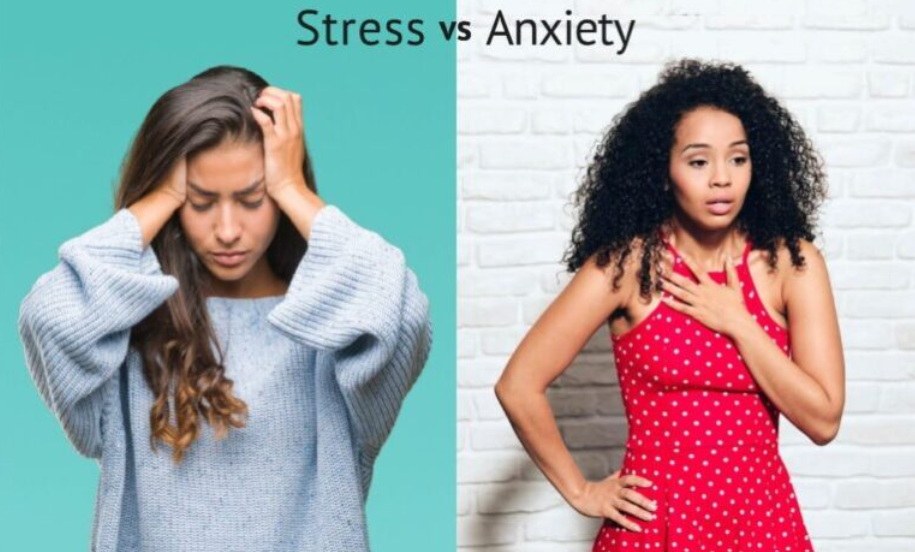Stress and anxiety share similar symptoms, but stress is short-term and tied to a clear threat, while anxiety lingers without an obvious trigger.

Stress vs Anxiety
Stress and anxiety are both part of the body’s natural fight-or-flight response. When someone feels threatened, their body releases stress hormones.
These hormones cause the heart to beat faster, pumping more blood to the organs and limbs. This prepares the body to either fight or flee.
Breathing becomes faster, and blood pressure rises. At the same time, senses become sharper, and nutrients are released into the blood to provide energy.
This quick process is what experts call stress. Anxiety is the body’s response to stress.
Anxiety often feels like distress, unease, or dread before a significant event, keeping someone alert and aware.
The fight-or-flight response can occur in reaction to physical or emotional, real or perceived threats. While useful at times, it can interfere with daily life for some people.
How to tell stress from anxiety
Stress and anxiety stem from the same bodily response and share similar symptoms, making them difficult to distinguish.
Stress is usually short-term and triggered by a specific threat, while anxiety often lingers and may not have an obvious cause.
Relaxation strategies
Relaxation strategies can help people to cope with stress and anxiety. They include:
- breathing exercises
- focusing on a soothing word, such as ‘peace’ or ‘calm’
- visualizing a tranquil scene, such as a beach or meadow
- practicing yoga
- practicing ta chi
- slowly counting to 10



